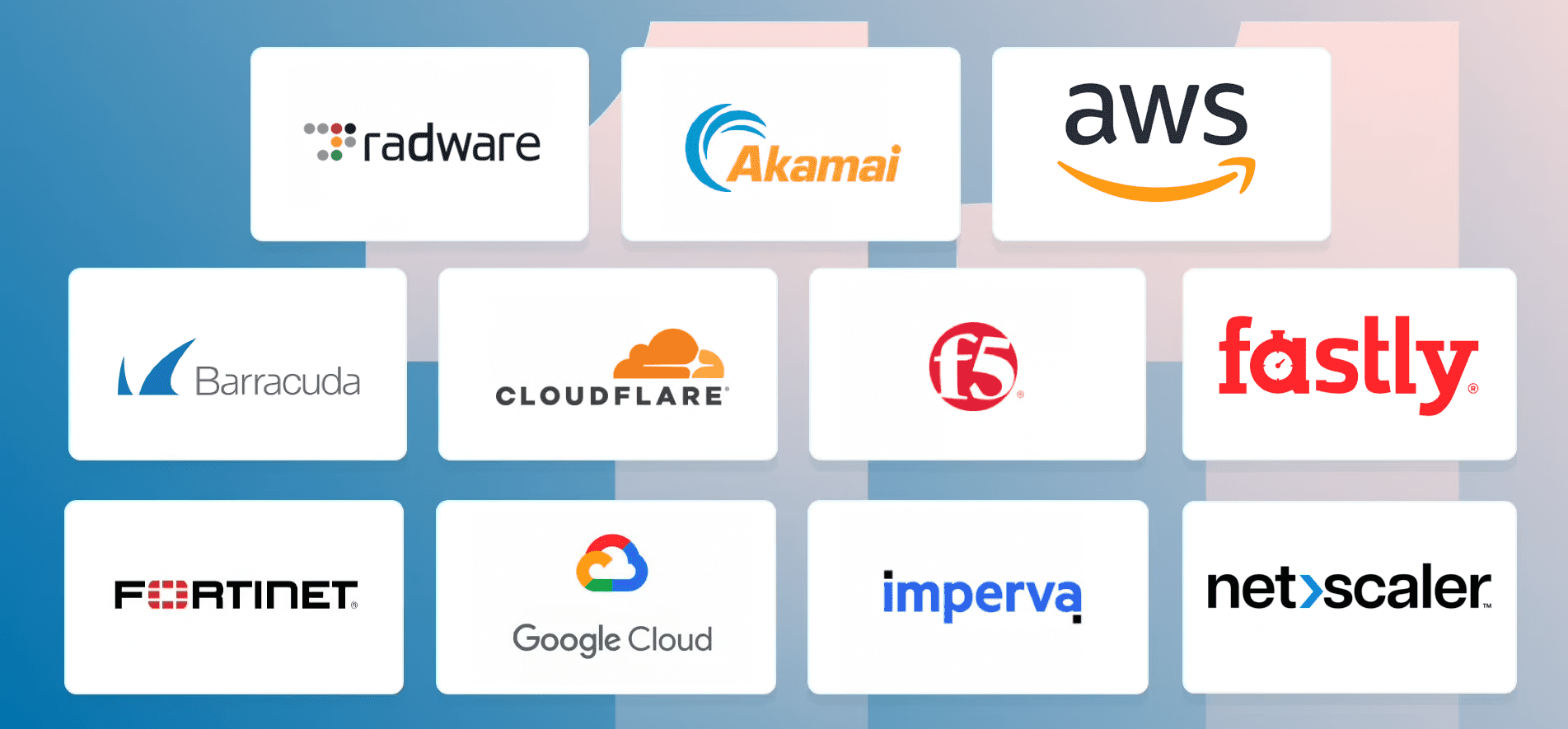As cyberattacks grow more complex and APIs become more central to modern applications, web application firewalls are evolving from passive protectors into intelligent, proactive security platforms
Web application firewalls have evolved significantly over the past few years, moving from simple rule-based filters to intelligent, cloud-native security systems that protect websites, APIs, and applications from an ever-growing list of cyber threats. In 2025, the leading WAF solutions are not only identifying and blocking SQL injection, cross-site scripting, and zero-day attacks—they’re also leveraging artificial intelligence, behavior analytics, and real-time threat intelligence to stay ahead of attackers.
Below is a comprehensive review of the top 10 web application firewalls dominating the cybersecurity landscape this year.
10. Sucuri Web Application Firewall
Sucuri has built a strong reputation as a go-to WAF for small businesses, bloggers, and WordPress site owners. It offers simple setup, affordable pricing, and reliable protection against DDoS, brute-force attacks, and malware injections. In 2025, Sucuri has expanded its global content delivery network, improved caching performance, and added real-time API protection. While not as powerful as enterprise-level firewalls, it remains a top choice for lean teams looking for essential coverage and uptime assurance.
9. Fortinet FortiWeb
Fortinet’s FortiWeb is a robust WAF tailored for enterprises seeking layered security and network integration. With advanced threat protection features, machine learning-based anomaly detection, and integration with Fortinet’s security fabric, FortiWeb offers comprehensive defense for web apps and APIs. Its 2025 version includes enhanced protection for GraphQL APIs, improved WAF-as-a-Service capabilities, and tighter integration with hybrid cloud environments. FortiWeb is ideal for security teams that require deep customization and compliance reporting.
8. Imperva Cloud WAF
Imperva has long been a heavyweight in the cybersecurity world, and its cloud-based WAF continues to be a strong contender. It offers rapid deployment, granular traffic controls, and an extensive threat intelligence database. In 2025, Imperva added new AI-based behavioral modeling features, making it easier to detect malicious bots and suspicious API interactions. It now supports hybrid environments, offering protection for both public-facing applications and internal enterprise services. Imperva’s strengths lie in scalability and accuracy across high-traffic sites.
7. Radware AppWall
Radware’s AppWall brings high-performance, enterprise-grade security features to the WAF space. With real-time threat detection, encrypted traffic inspection, and automatic policy learning, AppWall is trusted by government agencies, financial institutions, and large-scale e-commerce platforms. In 2025, Radware introduced improved DDoS mitigation using behavioral algorithms and advanced threat correlation across its cloud ecosystem. The solution supports hybrid deployment models and delivers detailed logging for auditing and forensic analysis.
6. F5 Advanced WAF
F5’s Advanced Web Application Firewall stands out for its deep integration with application delivery controllers and its support for large, mission-critical workloads. F5 provides robust protection against the OWASP Top 10 threats, along with enhanced bot mitigation, credential stuffing defense, and TLS inspection. In 2025, it introduced AI-powered micro-segmentation and real-time response tools for zero-day attacks. Its centralized policy management and flexible deployment options make it suitable for both cloud-native and on-premise infrastructures.
5. Amazon AWS WAF
AWS WAF continues to dominate cloud-based deployments, particularly among startups and enterprises leveraging the broader AWS ecosystem. With seamless integration into CloudFront, API Gateway, and Application Load Balancer, AWS WAF protects web applications at scale. Its 2025 update includes auto-tuning machine learning rules, enhanced anomaly scoring, and tighter guardrails for securing APIs. With pay-as-you-go pricing and deep visibility via AWS CloudWatch, this WAF remains a favorite for agile teams running infrastructure in Amazon’s cloud.
4. Cloudflare WAF
Cloudflare’s WAF is one of the most widely used globally, protecting millions of websites, from personal blogs to Fortune 500 companies. Built on Cloudflare’s edge network, it delivers security without sacrificing performance. It protects against OWASP vulnerabilities, bots, zero-day exploits, and API abuse. In 2025, Cloudflare launched its Adaptive DDoS Mitigation system and AI-driven anomaly clustering, improving defense against emerging threats. Its no-cost WAF tier is also appealing for developers looking to secure hobby or prototype projects without breaking the bank.
3. Barracuda Web Application Firewall
Barracuda offers a well-rounded WAF solution tailored for SMBs, SaaS providers, and enterprises alike. Available both as a hardware appliance and as a cloud service, Barracuda’s firewall defends against known and unknown attacks with real-time threat detection, traffic profiling, and data loss prevention. In 2025, it improved its container security support and launched a new UI that simplifies policy tuning and incident response. Barracuda remains a strong choice for teams wanting a reliable, moderately priced WAF with excellent technical support.
2. Akamai App & API Protector
Akamai’s App & API Protector leads the field in performance, speed, and reliability. Built on one of the world’s most extensive edge delivery networks, it provides near-instantaneous protection for global web assets. Akamai offers robust DDoS mitigation, client reputation scoring, and deep protection for GraphQL, REST, and SOAP APIs. In 2025, Akamai introduced real-time behavioral fingerprinting, zero-trust identity enforcement, and advanced policy recommendations powered by machine learning. It’s a top-tier solution for large enterprises managing thousands of applications worldwide.
1. Microsoft Azure Web Application Firewall
Topping the list this year is Microsoft’s Azure WAF, known for its seamless integration with Azure services, scalability, and intelligence-driven protection. It offers native support for Azure Front Door, Application Gateway, and API Management, making it ideal for organizations running their entire stack in Azure. The 2025 version includes dynamic rule configuration, anomaly detection based on global threat telemetry, and stronger integration with Microsoft Defender XDR. Azure WAF offers one of the most complete, enterprise-ready packages on the market and is increasingly favored by financial institutions, tech giants, and public sector entities alike.
